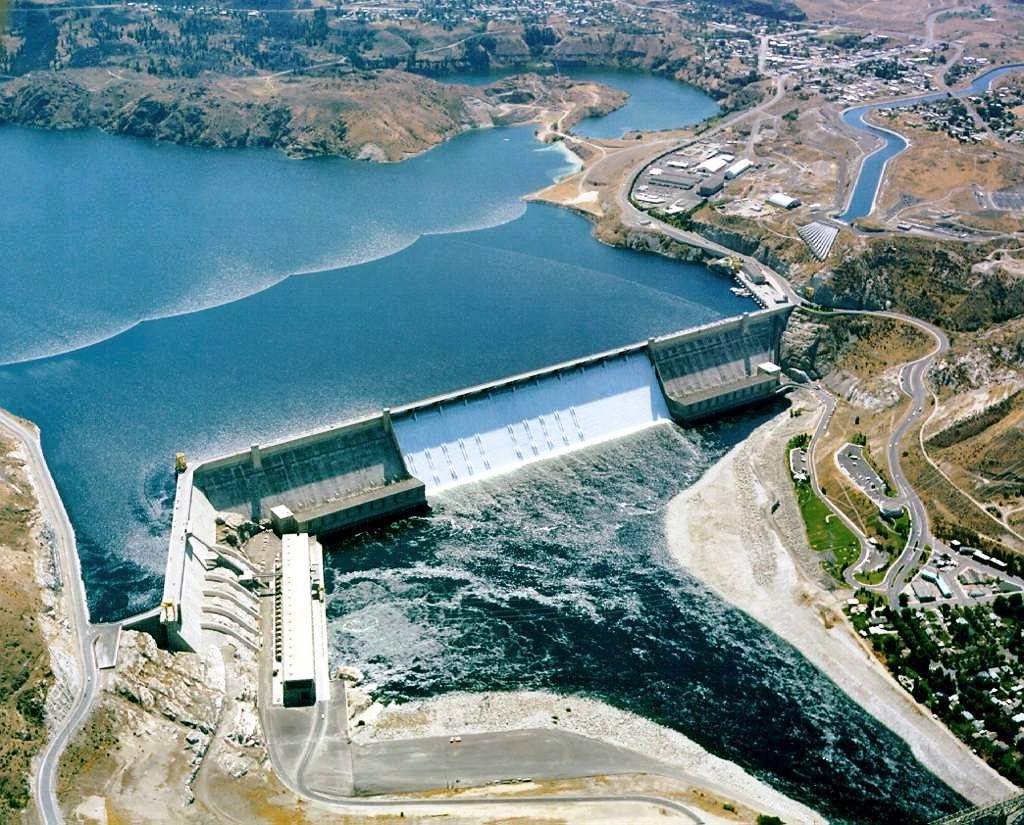Op/Ed: Wildsight comments on Columbia River Treaty negotiations
By Wildsight
Representatives of the Canadian and American federal governments met on August 15th and 16th for the second round of negotiations to update the 54-year old Columbia River Treaty. The meetings were held, not in Ottawa or Washington, but in Nelson, in the Canadian Columbia River Basin.
The treaty between the two nations that share the 2000 kilometres of the Columbia River and its tributary, the Kootenay, was originally signed to allow for cooperation on flood control and power generation through joint U.S.-Canadian control of Mica, Duncan and Keenleyside dams and their reservoirs in Canada.
“When the original treaty was signed, environmental concerns were ignored,” says Wildsight’s Lars Sander-Green, “but we now know just how deeply our ecosystems have been harmed by reservoirs like Arrow Lakes and Kinbasket, and all the changes in the timing and volume of flows in the river. We can’t undo all of the damage, but if we make our environment an equal priority in the treaty, there are many opportunities to manage flows to improve conditions not just in the river itself, but on the environmentally-important shorelines of the reservoirs and river.”
Fluctuations in reservoir levels, sometimes as large as 30m, leave a ecological dead zone in the constantly-shifting shoreline along the edges of the reservoirs.
In 1942, decades before the treaty was signed, the U.S. constructed Grand Coulee dam in Washington, blocking salmon migration into the Canadian Columbia River entirely. Today, fish passage is in place or planned for every dam downstream of Revelstoke, except Grand Coulee and the nearby Chief Joseph dam.
“The salmon-blocking dams aren’t part of the original treaty—but there’s no reason that Canada can’t insist on expanding the treaty to cover them now,” says Sander-Green. “We shouldn’t agree to provide any water storage for American benefit until the Americans agree to add fish passage to allow salmon back into Canada.”
Increased power generation in the U.S. because of Canadian water storage is worth hundreds of millions of dollars per year, but Canada is only entitled to half of this electricity under the current treaty. The American flood control benefits of the Canadian dams were paid for with a lump sum, but only until 2024.
Shortly before the first round of negotiations in May of this year, Canada’s Foreign Minister Chrystia Freeland told Canadian First Nations in the Columbia River Basin that they would not be allowed at the negotiating table. The three Canadian First Nations in the Columbia Basin—the Ktunaxa, Secwepmec and Okanagan Nation Alliance—made public their disappointment and anger at the Minister’s decision.
“Columbia Basin First Nations are exactly that—nations. We have to recognize their sovereignty and that means they should be at the table for the renegotiation process,” says Sander-Green. “Anything less is a failure to acknowledge the damage the Columbia River treaty dams have caused to First Nations’ traditional territories.”
Libby Dam in Montana, the only American dam covered by the current treaty, is managed exclusively by the U.S. Army Corps of Engineers, even though Koocanusa, the reservoir it creates, stretches 68 km into Canada. The Kootenay River downstream of the dam also flows back into Canada at Creston.
“It doesn’t make sense for Canada to allow American co-management of our three Canadian dams, while we have no control over Libby, which very directly affects Canada,” says Sander-Green. “Canada has to insist on co-management of Koocanusa Reservoir and Libby Dam in the new treaty, so that we can keep improve ecological conditions.”
“So far, we’ve seen some positive signals from Canada and the U.S. on including ecological function in the new treaty, but bringing back our salmon hasn’t been discussed much. Canada must make healthy ecosystems the Treaty priority, take a strong, public stand for salmon in the Columbia River—and to invite First Nations to the table for the negotiations.”


























Comments